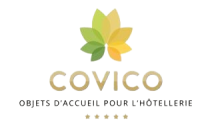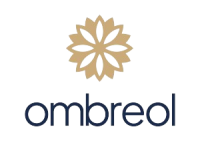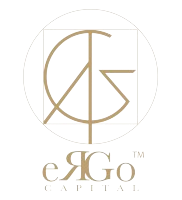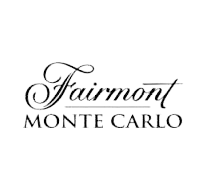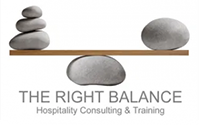Honesty in Mentoring
Why your Mentor might be better understood than your Superior
Author: Joscha Kranz, Mentor of the Team AICR Switzerland
Everyone striving towards success and a career is looking for a mentor.
And naturally most successful people would like to have a mentee whom they can help to achieve what they have achieved.
Even more naturally one would seek advise and counseling for someone that we have already build a relationship with, a direct supervisor or higher up manager in the hotel that sees us in operation on a daily basis. While such an aim is totally natural and even something that can be very helpful in a certain way, it is not necessarily the best choice for mentoring. Feedback from a colleague that sees us doing our job on a day to day basis, especially a direct supervisor, is surely always appreciated, but rarely as efficient as it could be.
There are two reasons:
- Lack of neutrality due to the relationship that already exists. It is human to seek excuses where we can if we fail in something, or are not good enough and need to develop a skill. When receiving negative feedback it is hard to not find excuses, and finding excuses is simply so much easier when facing someone who knows our day to day work.
- The context and way that a conversation builds up. Feedback at work happens of course in a different ambiance and context than outside of work. Accepting negative feedback and focussing on finding the important answers yourself, is much more difficult when our mind is distracted with the remaining check-ins waiting to be done or handover for the next shift to prepare. A conversation outside of work with an external mentor, brings a whole new perspective to finding the right answers yourself and might make you more receptive for honest negative feedback.
These two points largely contribute to the way that we can perceive very constructive and important feedback. While an external mentor asks questions that guide you to be critical with yourself, and then finding the right answers to improve your skills, a superior in our hotel must be honest and direct and highlight things that you are doing wrong.
It is expected from your direct supervisor that he points out your faults and trains you to improve them. But these operational and hierarchy structures do not necessarily have a very efficient impact on a mentoring process but rather on a professional development.
Mentoring at work can also quickly become more of a “sponsorship” relation between superior and mentee, which again, is desirable for professional development but more of a helpful add-on to an existing mentoring process.
Ideally you would want to get honest feedback and training from your superior, find a sponsor in your hotel that recognizes and rewards your efforts and have a professional mentor guiding you through the next steps of your career that your sponsor will then help you to make by opening doors where he can.
The path to your future can be found in many ways, but making the right steps at the right time, guided with the right hand is all a question of being honest with yourself:




